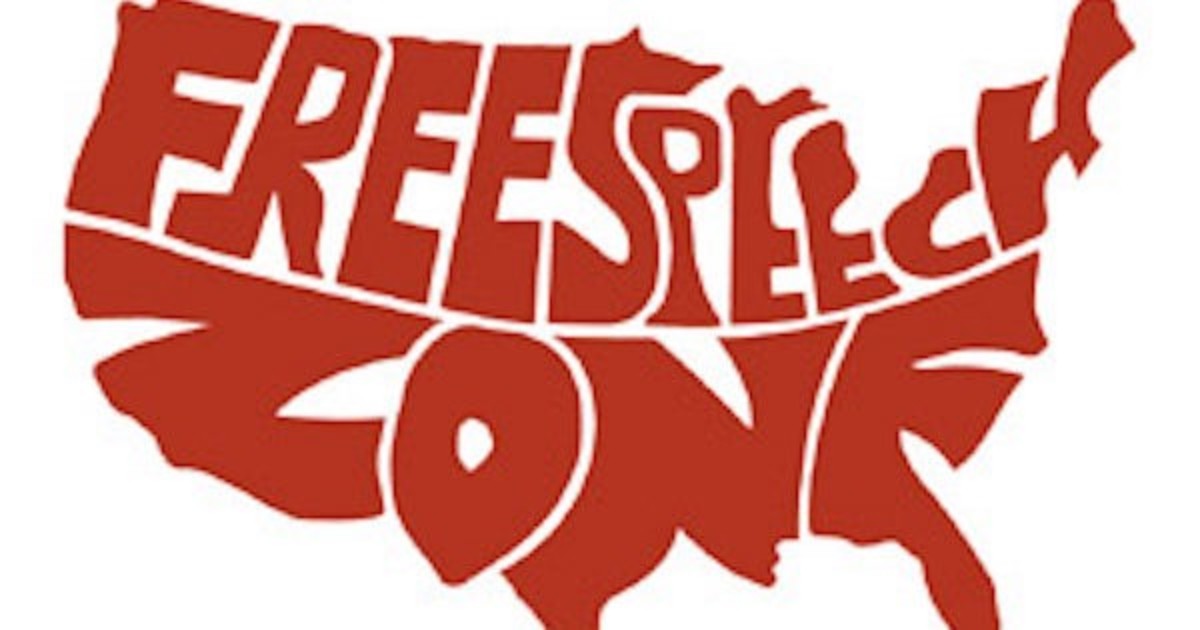

limited candidate expenditures from personal funds (formerly 18 U.S.C.limited independent expenditures to $1,000 (formerly 18 U.S.C.limited expenditures by candidates and associated committees,.provided for the public financing of presidential elections (IRC Subtitle H),.required the disclosure of political contributions (2 USC §434),.limited contributions to candidates for federal office (2 USC §441a).The key parts of the amended law did the following: President Gerald Ford signed the bill into law on October 15. Then, in 1974, Congress passed significant amendments to the Federal Election Campaign Act of 1971 (FECA), creating the most comprehensive effort by the federal government to date to regulate federal campaign contributions and spending. It passed the Tillman Act of 1907, and then the Taft–Hartley Act in 1947. Facts Ĭongress had made previous attempts to regulate campaign finance. īy some measures, Buckley is the longest opinion ever issued by the Supreme Court. Federal Election Commission held that aggregate limits on political giving by an individual are unconstitutional. The latter held that corporations may spend from their general treasuries during elections. Supreme Court in further cases, including in the five to four decision of First National Bank of Boston v.

Justice Byron White dissented in part and wrote that Congress had legitimately recognized unlimited election spending "as a mortal danger against which effective preventive and curative steps must be taken". It limited disclosure provisions and limited the Federal Election Commission's power. In a per curiam (by the Court) opinion, they ruled that expenditure limits contravene the First Amendment provision on freedom of speech because a restriction on spending for political communication necessarily reduces the quantity of expression. A majority of justices held that, as provided by section 608 of the Federal Election Campaign Act of 1971, limits on election expenditures are unconstitutional. 1 (1976), was a landmark decision of the US Supreme Court on campaign finance. Stevens took no part in the consideration or decision of the case. Per curiam, joined by Brennan, Stewart, Powell Marshall (in part) Blackmun (in part) Rehnquist (in part) Burger (in part) White (in part). On the matter of limiting expenditures, section 608 of the Federal Election Campaign Act of 1971 is unconstitutional because it violates the First Amendment to the Constitution of the United States of America.Ĭhief Justice Warren E. Some federal limitations on campaign contributions are justified to counteract corruption, but limitations on campaign expenditures are not justified to counteract corruption.


 0 kommentar(er)
0 kommentar(er)
